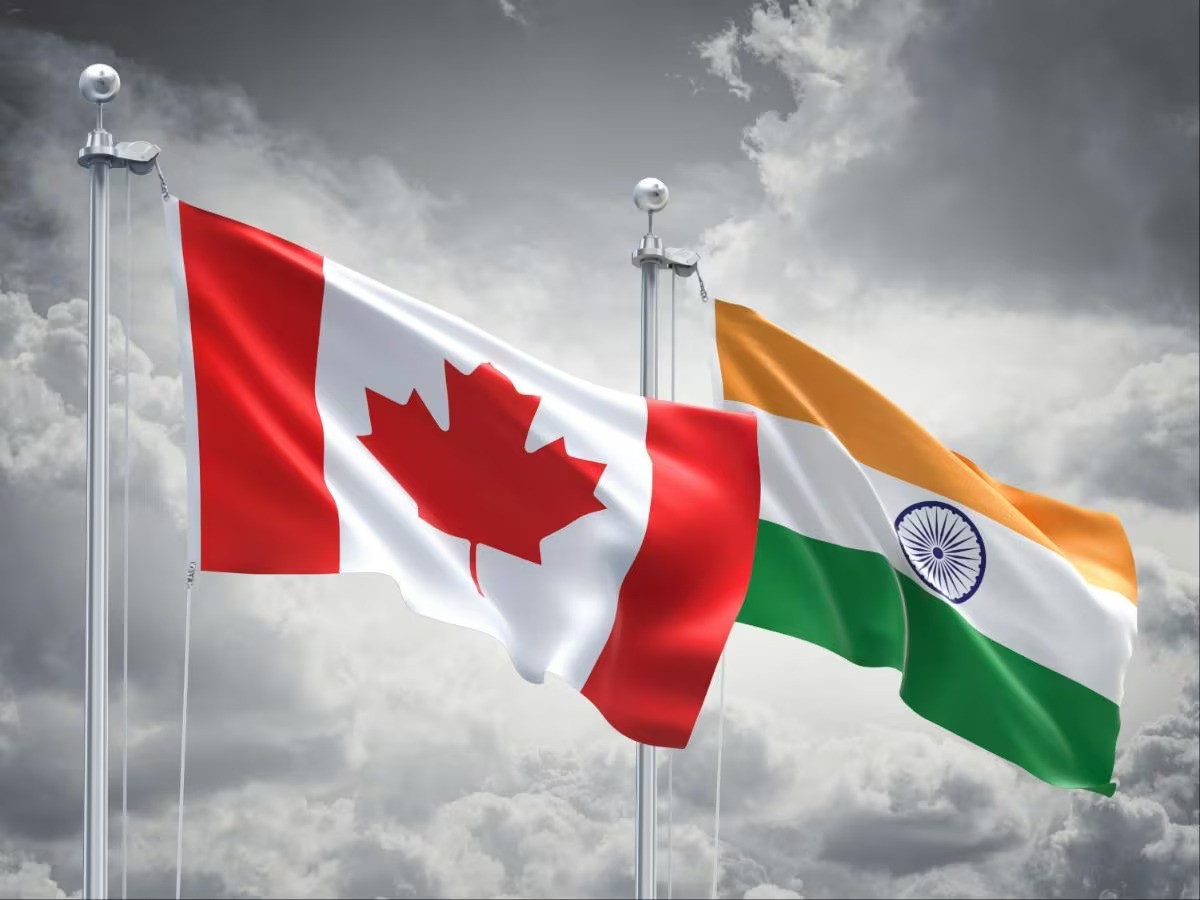Gustakhi Maaf Haryana: Stained Relationships Between Canada And India Are Worrying Indians Living In Canada
By Pawan Kumar Bansal
Indian Canadians are concerned about the strained connections between their country and India.
The raising of pro-Khalistani and anti-Modi slogans in front of the Canadian Prime Minister has alarmed not just the Indian government but also the Indian population living in Canada. With India accusing the Canadian government of encouraging anti-Indian actions from its territory, relations between the two nations are at an all-time low. The days when Prime Minister Narendra Modi was greeted warmly by the Canadian government after visiting the country at the invitation of Indian residents are long gone, having moved on from the country a decade ago.
The level of tense relations has led to Indian envoy to Canada, Sanjay Kumar Verma, issuing warnings to Sikh separatist groups that they are breaching “a big red line,” which India regards as a question of national security and the integrity of the country’s territory. Following the apprehension of four Indian nationals suspected of assassinating Khalistani insurgent Hardeep Singh Nijjar, he issued his warning.Political observers think that pro-Khalistani Members of Parliament are crucial to the survival of both the government and opposition parties in Canada, which is why they are supporting them. The death of Nijjar has worsened tensions between the two nations, with the Canadian government claiming that Indian spies were responsible for his death. However, according to spokesman for the External Affairs Ministry Randhir Jaiswal, “specific or relevant evidence” has not yet been provided, despite the fact that the Canadian government has informed us about the arrest of four Indians, Karanpreet Singh, Karan Brar, and Amandeep, in connection with the murder of Nijjar.In the Nijjar case, Canada Police has accused them with first-degree murder and murderous conspiracy. The investigators have declined to provide any further details about the investigation’s current state.The astonishing thing is that Indian government leaders are being held accountable by investigators. Following the detention of three individuals, Amandeep was taken into custody and is alleged to have disclosed his residences as Abbotsford, Surrey, and Brampton. According to the police, the suspects entered the country on “student visas,” but in reality, they were carrying out tasks at the behest of Indian intelligence services, which may have directed them to carry out the murder.
At the Guru Nanak Sikh Gurudwara, Nijjar was murdered. According to Canadian Police, the four accused have been residing in Canada for the past three to five years as non-permanent residents.Recall that Nijjar’s murder was allegedly carried out by agents of the Indian government, according to Canadian Prime Minister Justin Trudeau. According to Randhir Jaiswal, “we are convinced that the government of Canada is encouraging separatists, extremists, and those advocating violence in Canada.” Even Indian diplomats faced threats and obstructions while performing their official duties.In India, the yelling of pro-Khalistan slogans during events attended by the Prime Minister of Canada has been interpreted with great gravity, since it serves to incite anti-Indian sentiment and communicates the government’s support for it. According to reports, India intends to put a planned trade agreement with Canada on hold until it ceases supporting anti-Indian actions on its territory.
According to sources, India would not put up with any actions carried out by pro-Khalistani groups in Canada and will monitor them through all diplomatic channels on global forums. Many Indians of Punjab, Haryana, and other parts of the nation have been residing in Canada for a number of years as lawful permanent residents, working as professionals and prosperous businesspeople. Their anxieties have increased due to the recent spike in the activities of forces that are pro-Khalistani and anti-Indian. They believe that these elements will attack them in the future. Many Sikhs residing in Canada disagree with the actions of these groups, yet given their influence in the government, they are unable to challenge them.The “Haryanvi Bhaichara group” is a group made up of Hindus who are dispersed throughout Canada and who frequently voice their concerns. In the meantime, the Indian government is still awaiting “evidence” from the Canadian government to support its claims that it was responsible for the killings.There is a sentiment in India that the Canadian government should not have been held accountable for the death of Nijjar because of political considerations. Only if the Canadian government produces proof to support its accusations would the Indian government respond to the claims made by the Canadian Police over its involvement in Nijjar’s death.


Comments are closed.